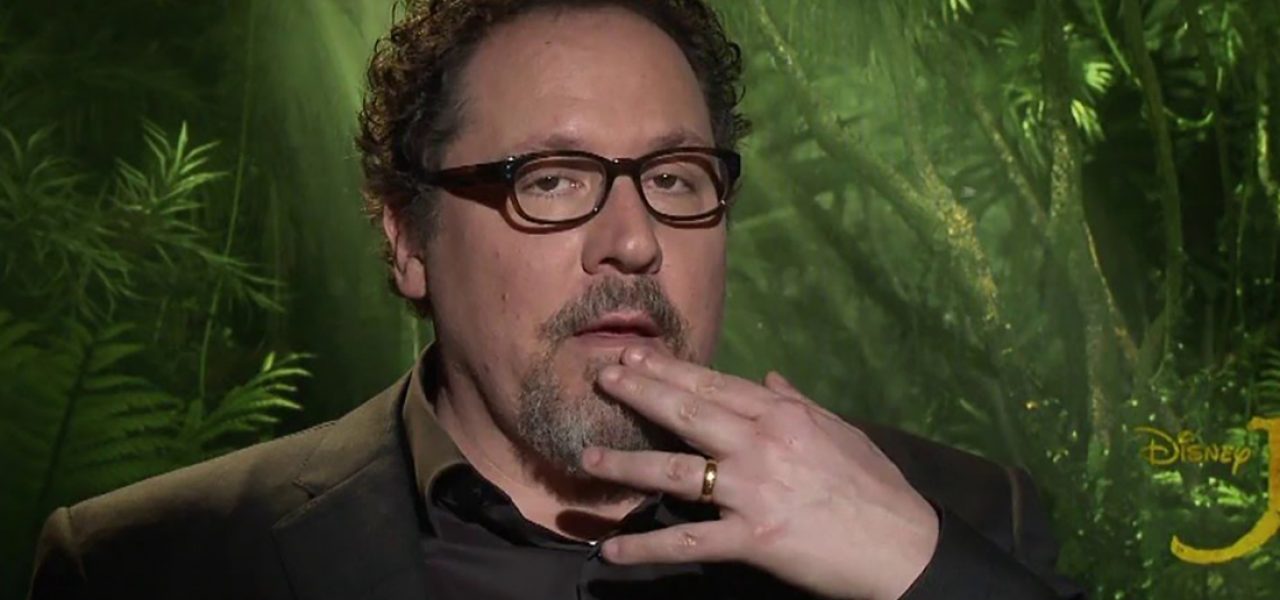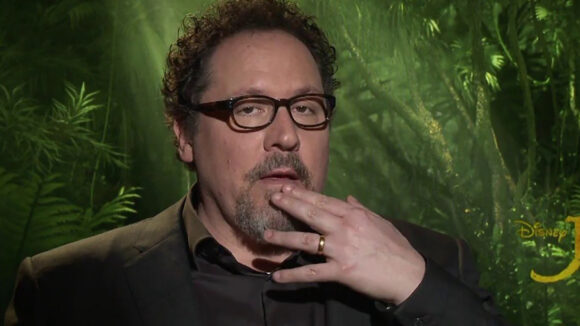

Jon Favreau Made An Animated ‘Lion King,’ But He Still Doesn’t Want You To Call It An Animated Film
Jon Favreau, the director of Disney’s 100%-fully animated remake of The Lion King, is claiming in a new interview that he doesn’t think the film should be considered animated.
If you’re confused, don’t worry. That’s part of Disney’s marketing strategy. Here’s a breakdown of what’s happening:
Does Favreau think the film is live action?
No, Favreau clearly understands that he made an animated film. He just doesn’t want people to call it an animated film. In an interview with Slashfilm, he spoke about how the film was fully key-frame animated: “[T]here’s no real animals and there’s no real cameras and there’s not even any performance that’s being captured that’s underlying data that’s real. Everything is coming through the hands of artists.” But rather than stating the logical conclusion, he added a curveball: “But to say it’s animated I think is misleading as far as what the expectations might be.”
Favreau goes on to say that the viewing experience will be more special if you don’t know you’re watching an animated film:
[I]t also changes the way you sit and watch it. Because hopefully, you could just watch it without it being introduced. If we put up that Rafiki footage and didn’t say what it was, some people might know, some people might not know how it was done, but it causes you to be present and mindful and pay attention because you’re trying to figure out what you’re looking at. And that’s a great disposition to be in as an audience member.
Favreau adds, “I think calling it live-action is also not appropriate either.” In fact, he recently told an interview that the film only has one live-action shot, which he snuck in as a joke to see whether audiences could tell the difference between the live-action shot and everything else that was animated.
What about all the actors in the film?
The actors in the film are only voice actors; functionally, Donald Glover’s performance as Simba is the exact same thing that Matthew Broderick did on the original Lion King. Initially, there had been some confusion about the role of the actors; some had suggested that they may have done motion capture performances, in the fashion of an Andy Serkis performance. That wouldn’t make it any less animated, but it could’ve helped Disney make the argument that this was not a typical animated film. However, as Favreau confirmed in the most recent Slashfilm interview, there was no performance capture used in the film. It’s all keyframed traditional animation.
The vfx supervisor Rob Legato has spoken about using virtual production. Couldn’t that be considered live-action?
Virtual production is an innovative filmmaking technique that can be used in the service of either a live-action film or an animated film. You can read our in-depth explainer of the technique here. It is, however, still a technique (akin to stop motion, hand drawn, cinematography, or cg). The final imagery that appears in any film can only be classified as one of three things: live action, animated, or a hybrid combination of the two. In the case of The Lion King, the imagery is 100% animated, achieved through a combination of virtual production and cg animation techniques.
Why would Disney run a coordinated campaign to convince people The Lion King isn’t animated?
There has clearly been a concerted effort from the Disney Company, from the president of Walt Disney Studios Motion Picture Production to the vfx supervisor, to not call The Lion King an animated film. Disney, however, has also stopped calling it a live-action film, as Disney CEO Bob Iger had done earlier, since it’s clearly not. Everything about the film’s publicity, including the prominent use of actor’s names in film posters, is intended to obfuscate the film’s actual production technique.
The exact reasons that Disney has turned their promotion of this film into a farce is not entirely clear — that’s an internal decisionmaking process to which no one is privy. Here’s our best guess: The Disney studio has been on a years-long campaign to recreate its animated films as live-action product. All of its other live-action versions have had live-action performances in them, even if they incorporated plenty of animation, too. Clearly, being honest about The Lion King would complicate the marketing of the film, and would put the studio in a defensive position of explaining why they made an animated remake of an already animated film.
Further, it’s no secret that commercial animation in the United States carries a negative association with children’s content, which is ironically an association that has formed due to Disney’s own outsized influence in the industry. An animated film that breaks the mold and has a more mature sensibility is a tougher sell to the general public than simply re-labeling something as a live-action film and avoiding the stigma of being labeled a children’s film.
If The Lion King were accurately labeled as an animated film, it would also create a headache for the company during awards season. That means The Lion King would be competing for end-of-year awards with other animated films. In a year when Disney has no original films (only sequels like Frozen 2 and Toy Story 4), a technically innovative animated film like The Lion King could emerge as a critical pick for best animated film of the year, thus hurting the studio’s traditional divisions that create animation. A recent report on Indiewire suggests that Disney has already planned ahead and won’t run The Lion King for best animated film, instead pushing it for a visual effects Academy Award, thus leaving a clear path for Frozen 2 and Toy Story 4 to make unimpeded Oscar runs.
Why is it such a big deal to accurately label The Lion King as an animated film?
First things first: animators deserve credit for their work. A campaign to diminish the efforts of animators on a fully-animated film further reduces the visibility of the thousands of animation and vfx artists who worked to make this film. Cg animators are already underpaid and overworked — now, Disney is pretending that they don’t even exist, a completely unethical and indefensible position.
Secondly, The Lion King is poised to be the most innovative and technically progressive animated film released in 2019. It points to a direction that animated films have been heading for years — photorealism — and pushes the use of virtual production techniques as far as any animated film has to date. Whether or not you’re on board for photorealistic animation, it’s already here and used extensively in live-action filmmaking. Now, we’re seeing convincing photorealistic animation in an entirely animated environment. This is a big technical leap forward for the art of animation. Innovation in our art form deserves to be celebrated, not belittled and hidden from the public.
